Election in Ukraine: will it be held despite the full-scale war?
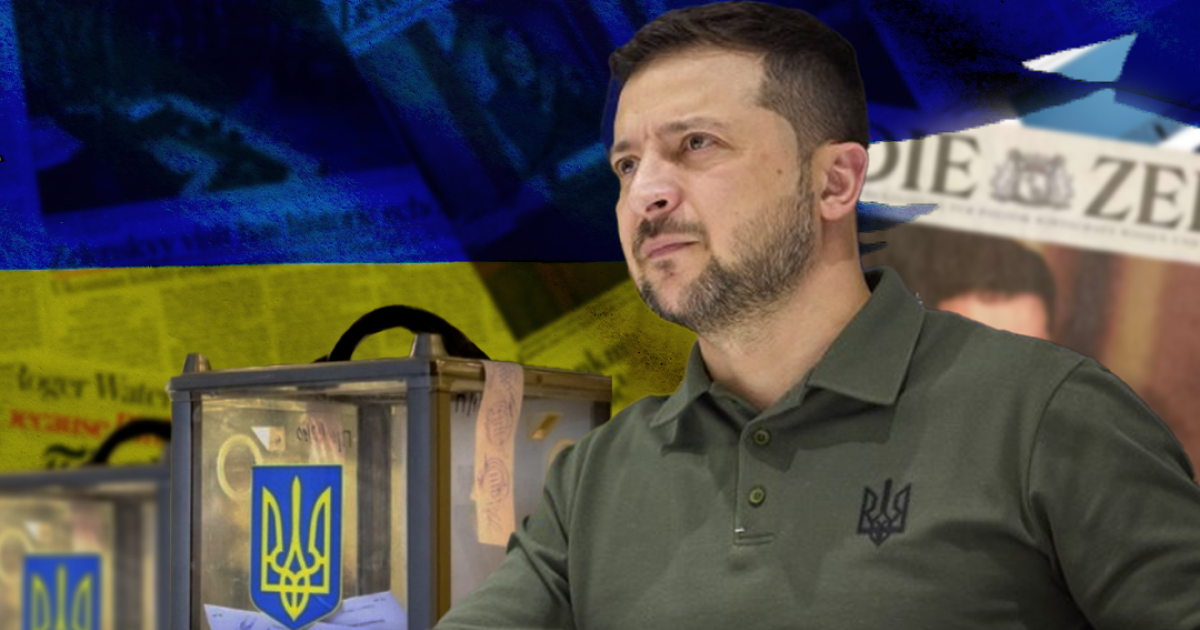
What has happened?
On November 2, NV reported, citing its sources, that Volodymyr Zelenskyy's team hopes to hold a vote on the new president next spring. Before that, Zelenskyy's team intends to amend the law to make it possible to vote in the frontline areas and partially change the composition of the Central Election Commission.
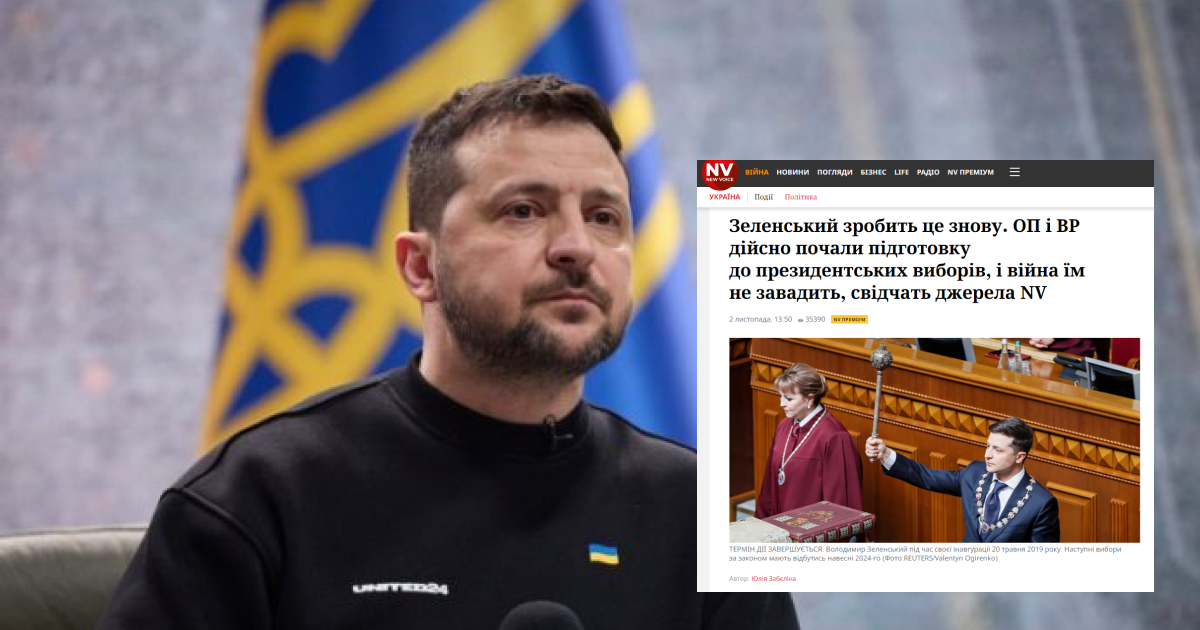
The author of the article, Yuliia Zabelina, writes that Zelenskyy's team went ahead with the move because of fears that otherwise, the legitimacy of the current head of state would be called into question.
Foreign Minister Dmytro Kuleba de facto confirmed this information to Sky News, saying that Zelenskyy was weighing the pros and cons of holding the election.
Later, NV stated that the parliamentary committee on the organisation of state power and local self-government had drafted a bill to address the possibility of solving problems with voting in the frontline areas. The journalists claim that the relevant document is at the disposal of the editorial office.
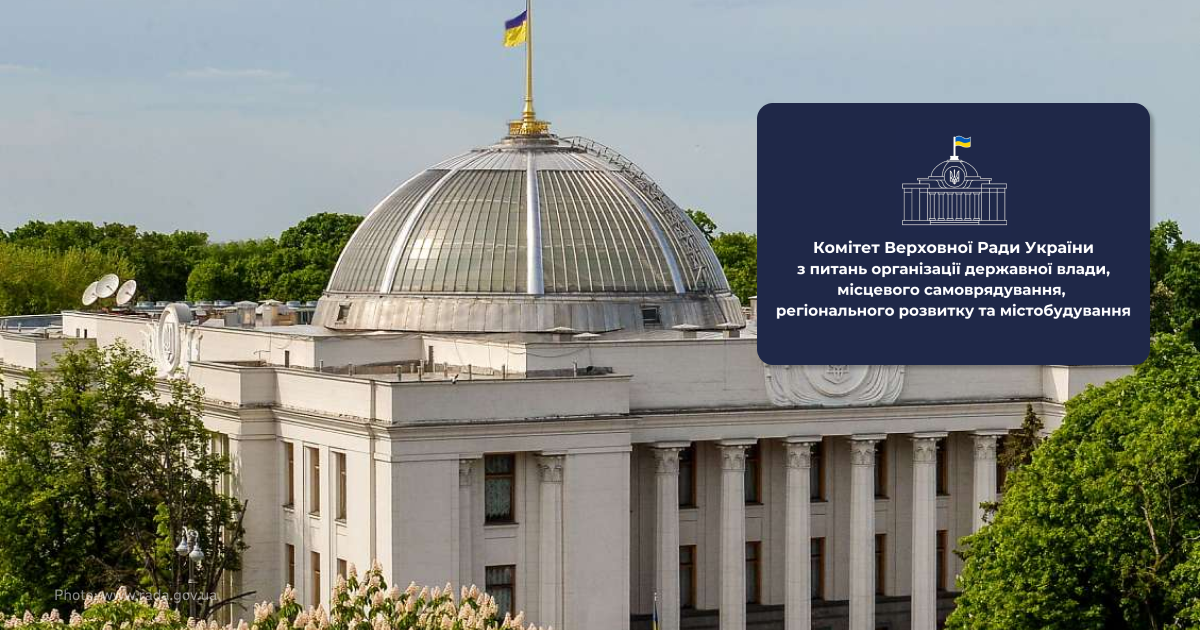
According to this draft law, the committee proposes establishing a Temporary Special Commission (TSC) to determine whether to hold elections in a particular territory. No later than the second day after its creation, the TSC will send requests to the Ministry of Defence, the Interior Ministry, the National Police, the Security Service, the National Bank, central executive authorities and other institutions (including the National Council on Television and Radio) to provide information to the CEC (Central Election Commission) on the possibility of holding elections in certain areas. Then, it is the temporary commission which will approve the final conclusion.
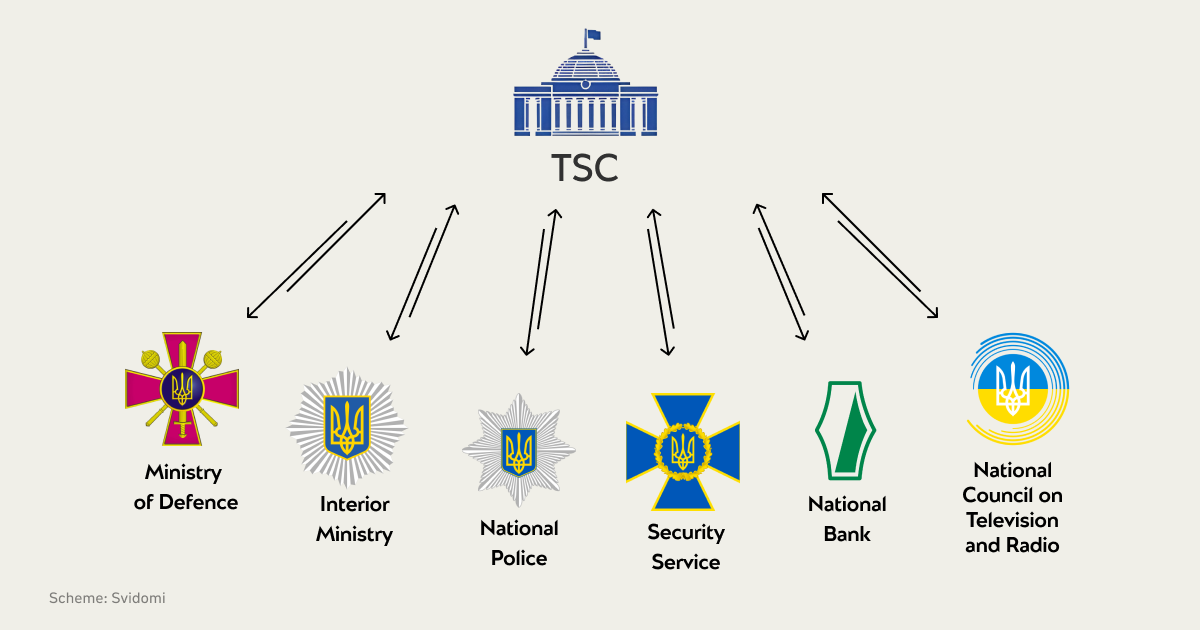
For an area to be recognised as unable to hold elections, it must meet at least one of the following criteria:
- Be de-occupied or negatively affected by hostilities;
- Belong to the regions bordering Russia or Belarus and have been subject to shelling by the Russians over the past six months, resulting in civilian deaths and/or injuries;
- Have restricted access to the area, mainly due to the danger of mines.
What did Zelenskyy say?
Earlier, Volodymyr Zelenskyy outlined several reasons why it was difficult to hold elections in the face of a full-scale war. Those reasons included security and financial factors, as well as the need to ensure voting opportunities for people who were abroad.
In an interview with Natalia Moiseichuk, he said that he would like the 2024 presidential election to go ahead as planned. However, in his words, it would be difficult to organise them in the context of hostilities, and this would contradict the current legislation.
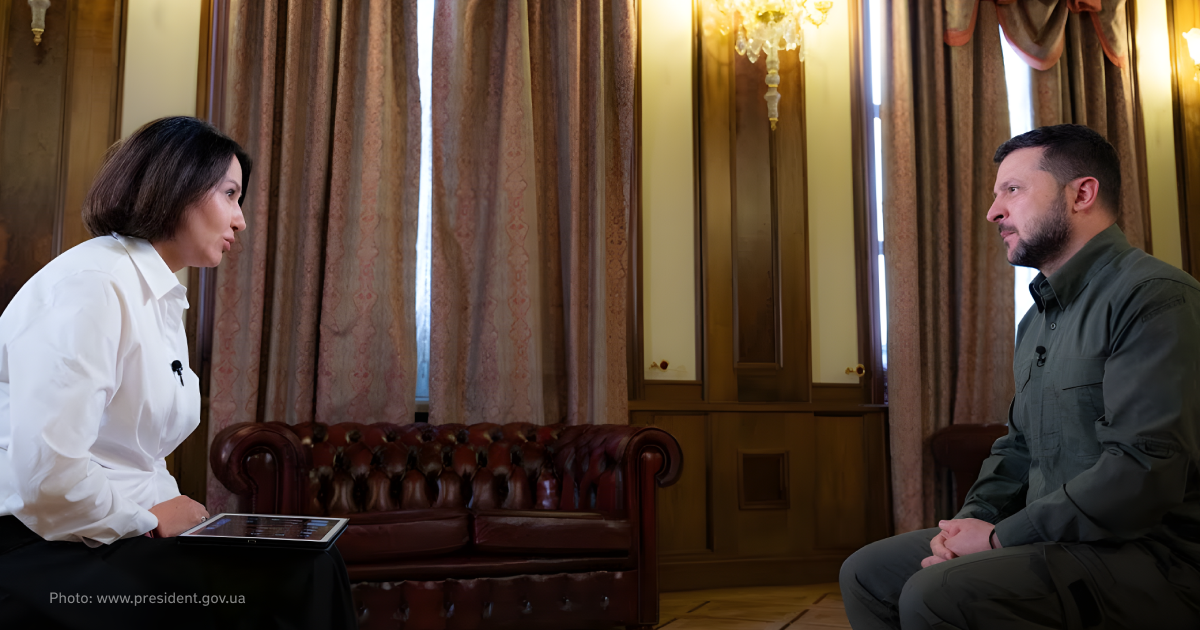
He believes that holding presidential elections in the face of the Russian invasion is possible if the Ukrainian parliament quickly amends legislation, if foreign observers arrive in Ukraine, including the war zone, and if the United States and Europe provide financial support — at least five billion.
In an interview with Sky TG24 in October, Zelenskyy said, "If the parliament and the government solve the challenges associated with these elections, they can be held."
Among the urgent challenges, he highlighted access to voting for citizens, including those at the frontline and refugees abroad. At the same time, he stressed that the elections should be organised with enhanced security measures "so that it is safe for people and no missiles come there".
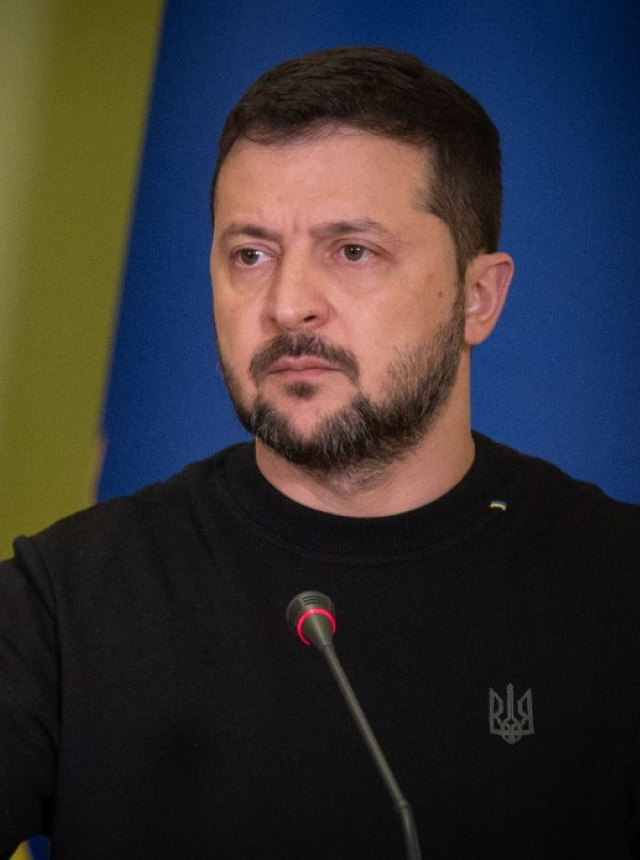
If our state is ready to do all this, if it can make certain changes to our legislation so that appropriate steps can be taken in wartime, then Ukraine will hold elections,
Zelenskyy concluded.
The president himself has expressed the readiness to run for a second term in office if elections are held during the war but will not run if it is already over. He said this during his visit to Romania on October 10.
What do foreign partners expect from Ukraine?
In August of this year, US Senator Lindsey Graham said at a press conference in Kyiv that "next year, Ukraine is going to have elections". According to Graham, the Americans are keeping a close eye on the weapons and funds transferred to the country. The next step in the establishment of democracy should be elections.
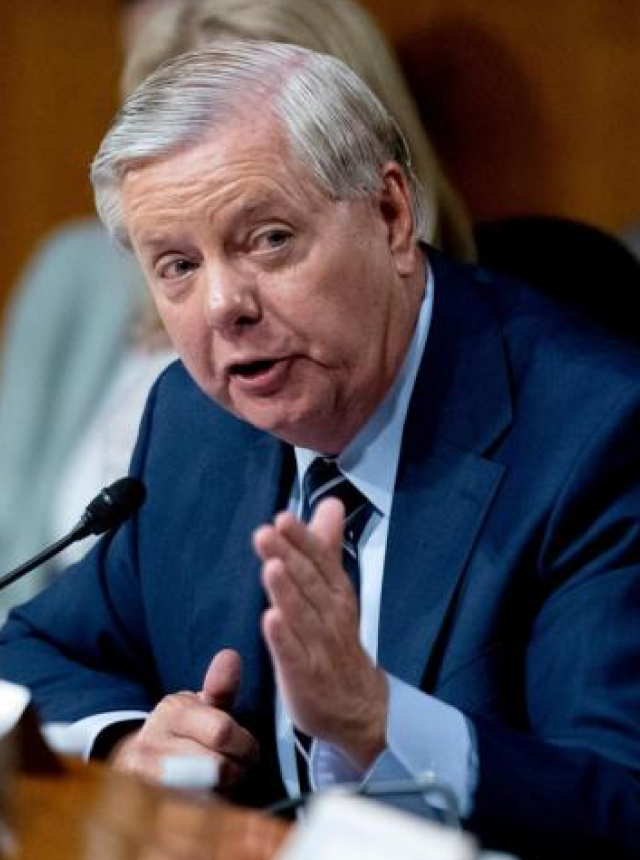
I want to see free and fair elections in this country, even under attack. The American people need to know that Ukraine has changed. In the past, it was a corrupt country,
he said.
PACE President Tiny Kox also spoke about the need for elections. According to him, this is Ukraine's obligation under the Council of Europe's charter. Kox acknowledges that under the Constitution, Ukraine cannot hold elections during martial law, but this is an issue "that Ukraine must resolve".
In his opinion, it will be challenging to organise elections under these conditions. Still, there are examples of other countries, such as Türkiye, which managed to hold elections after a devastating earthquake. There are also examples of other countries that have organised voting abroad. In addition, there is the possibility of voting via the Internet, the PACE President believes.
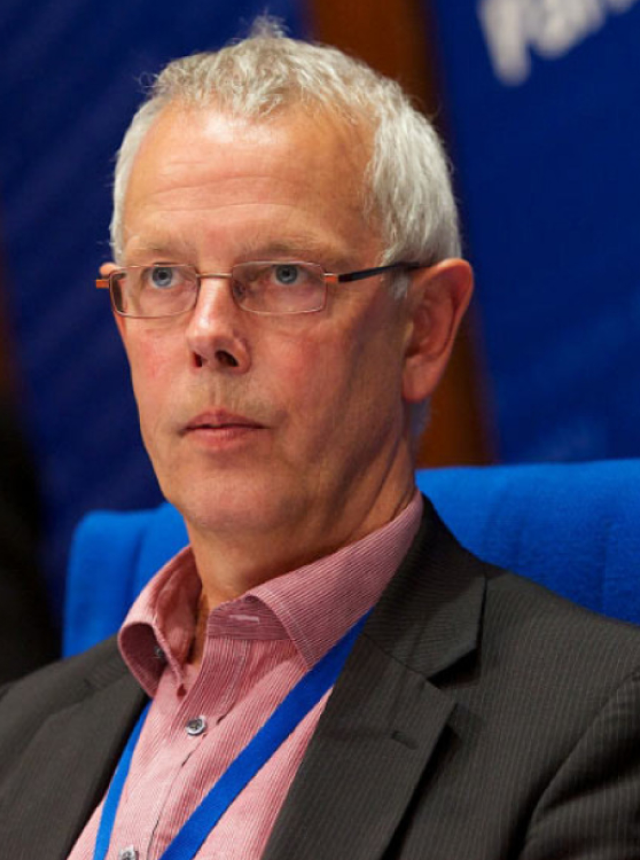
There will be no claims against Ukraine if the elections are imperfect. But if you don't hold elections, everyone will have questions for you. Democracy is, of course, not only elections. But without elections, democracy is impossible,
Kox stressed.
Do Ukrainians consider holding elections necessary?
The Razumkov Centre Sociological Service conducted a survey from September 21 to 27, 2023, which revealed that 63.8% of Ukrainians were against holding elections, while 15.1% were in favour. Another 21.1% were not able to answer.
Those respondents who oppose the elections outlined a number of reasons:
- lack of money available in the state,
- Ukrainian legislation does not allow for elections during martial law,
- the inability to ensure the safety of participants in the process,
- the failure to meet the standards of democratic elections due to the temporary restriction of political rights and freedoms of citizens,
- the inability to ensure voting in the temporarily occupied territories,
- problems with voting for temporarily displaced persons and refugees abroad,
- the failure to organise voting for military personnel in combat areas.
Supporters of the elections believe that they should be held to support democracy and demonstrate to the world that Ukraine is a democratic state.
From September 30 to October 13, the Kyiv International Institute of Sociology conducted a nationwide poll on the need to hold elections. According to the results, 81% of respondents believe elections should be held after the war. In comparison, 16% think that elections should be held within the timeframe set by the Constitution (presidential elections in March 2024). This is the case in all regions.
At the same time, the majority of Ukrainians (65%), just like before the full-scale invasion, have a negative attitude towards the introduction of remote voting, as they fear fraud.
To be or not to be?
Political analyst Mykola Davydiuk, citing his sources, says that Zelenskyy may make a decision as early as December. To anticipate respondents' opinions, a poll will be created in the Diia app.
At the same time, Yaroslav Zhelezniak, a member of the Voice party, denies the statements about the elections. He believes that if the elections are held on March 31 (this date was mentioned by People's Deputy Oleksii Honcharenko, who also claims that the elections will be held next year), they should be announced on December 31, which is 90 days in advance. At the same time, on November 6, the president submitted a bill to the Verkhovna Rada to extend martial law until February 14.
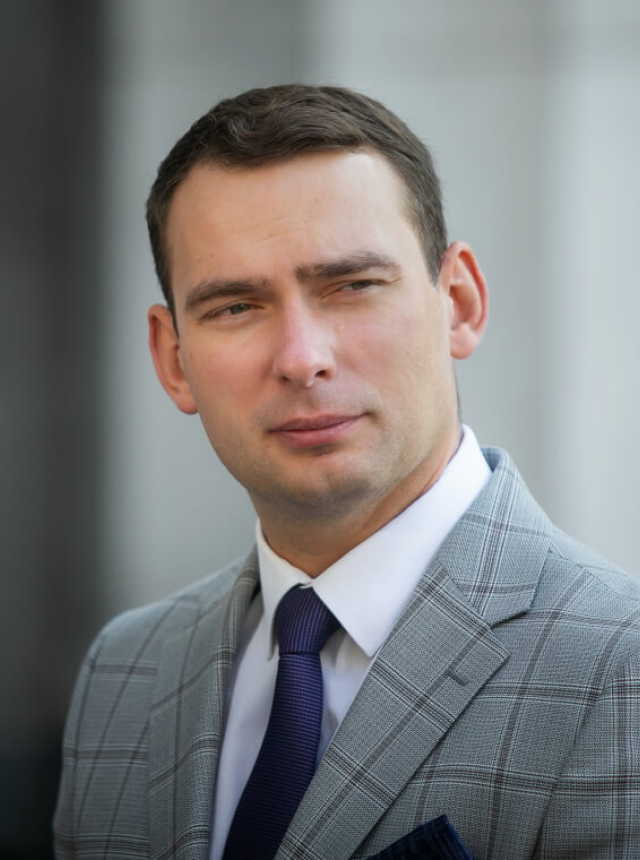
It's strange when we have martial law, restrictions on rights, and election campaigning. Elections are not just one day of voting; they are a process,
Zhelezniak says.
Another reason why the elections may not take place is that the parliament will not have time to vote on the relevant laws, and the budget for the next year does not provide for the CEC expenses.


